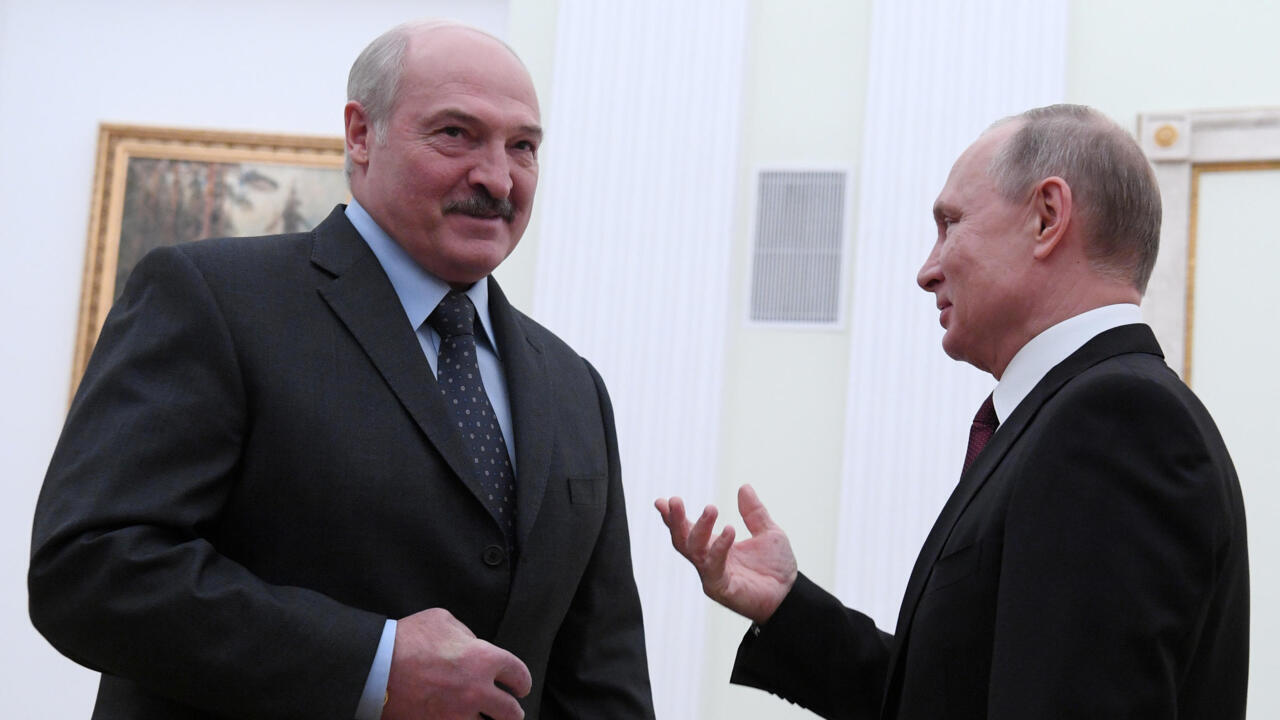For Europeans, the road to Minsk goes through Moscow. This is in any case what suggests the bilateral telephone exchanges of several European leaders with the head of the Kremlin, before a meeting of the European Council, Wednesday August 19.
Each on their side, the French President, Emmanuel Macron, the German Chancellor, Angela Merkel, and the President of the European Council, Charles Michel thus exchanged, Tuesday, with Vladimir Poutin about his ally, the Belarusian Head of State , Alexander Lukashenko.
The objective of the Europeans: to promote a dialogue with the opposition which protests for the 10th consecutive day against the results of the presidential election.
Since her exile in Lithuania, the leader of the Belarusian opposition, Svetlana Tikhanovskaïa, on Wednesday called on the European Union to show firmness and to reject the results of the "fraudulent" presidential election of 9 August.
"I ask you not to recognize these fraudulent elections. Mr Lukashenko has lost all legitimacy in the eyes of our nation and the world," Tikhanovskaya said in English in a video sent to the Council of Europe and posted on YouTube.
On Tuesday evening, several thousand demonstrators gathered again in Independence Square in Minsk, waving the opposition's red and white flags and calling for the resignation of Alexander Lukashenko, who claims to have won 80% of the ballot.
On the side of European leaders, the priority is above all to limit violence. On Tuesday, Emmanuel Macron urged his Russian counterpart to "promote appeasement and dialogue" in Belarus, while Merkel stressed that Minsk should "renounce violence" and start a dialogue with the opposition. The President of the European Council, for his part, called for a "peaceful and truly inclusive dialogue".
The Kremlin has warned each time against "any attempt at foreign interference" and denounced the "pressure" exerted on the Belarusian authorities. According to the Belta news agency, Mr. Putin informed Mr. Lukashenko by telephone of the content of his conversations with European leaders.
Belarus is the subject, on Wednesday, of an extraordinary EU summit, resulting in an extension of the sanctions already taken last week after the repression of demonstrations.
Since the disputed election of August 9, pressure has been mounting on Alexander Lukashenko, who has led his country since 1994 but who faces daily rallies of opponents and a strike movement affecting several key sectors of the industry.
With AFP
The summary of the week France 24 invites you to come back to the news that marked the week
I subscribeTake international news everywhere with you! Download the France 24 application
google-play-badge_FR
